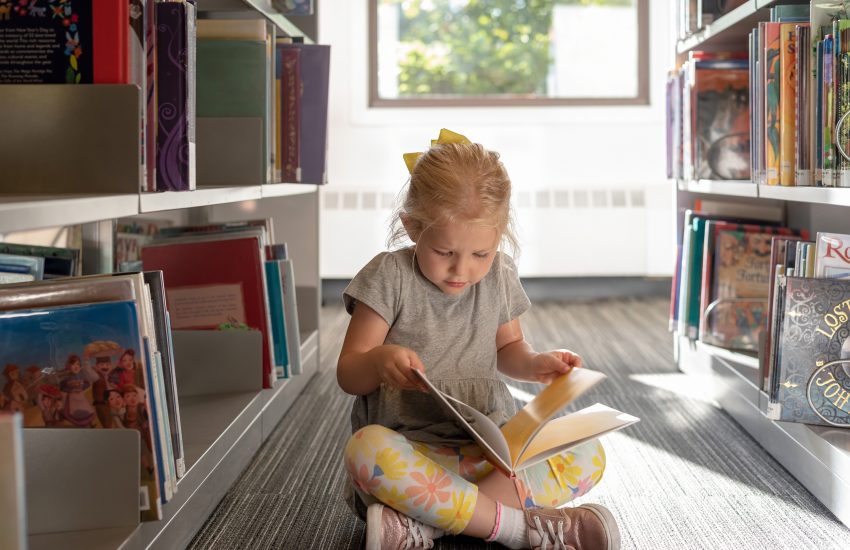Anger Management Strategies for Kids
Below is Some Advice to Give to Children. When You are Angry:
– Don’t do anything immediately – leave the situation or count from one to ten before responding.
– Avoid the temptation to hurt the other person back, either physically or emotionally.
– Keep calm and check the facts.
– Focus on what you want.
– Rationalize. Have you done anything to upset the other person? Perhaps they have problems at home?
– Say how you feel about what was said or done and ask for an apology or a promise to make amends in some way. Have a penalty ready, such as not being prepared to do them another favour if they are not prepared to change.
When Someone is Angry With You:
– Suggest you meet up later to talk things through once they have had a chance to cool down. Focus on solutions.
– Try to find common ground on which you can agree on something.
– Show that you understand their point of view – which helps to calm them down. They will feel that you have listened to what they have to say and are taking the situation seriously.
– Calmly explain what you disagree with and why.
– Accept only the blame that is yours – reject the rest and explain why they are mistaken.
– Allow them time to think and to respond to each thing you say.
– Be prepared to meet them halfway.
– Take care over your safety. If the person is being abusive or offensive, walk away. Your safety is more important than scoring points.
If your friend is angry with someone else, keep calm to help them keep calm. Discourage an unconsidered reaction. Discuss how best to handle the situation.
Discuss the following questions with the class:
– When have you felt angry? How did you express your anger? Was this a good way of expressing it?
– Have you ever said or done things that you later regretted? What did you do about it? (You should always try to make amends – by apologizing for your anger and by talking calmly about what happened.)
– What strategies could you use to calm yourself down before you respond to the behaviour that made you angry?
– What strategies could you use to calm someone down if they are angry with you?
– How could you help an angry friend keep control of destructive behaviour?
Activity
Divide the children into pairs. Ask them to talk about a time when they got angry. Did their anger get them the outcome they’d hoped for?


















